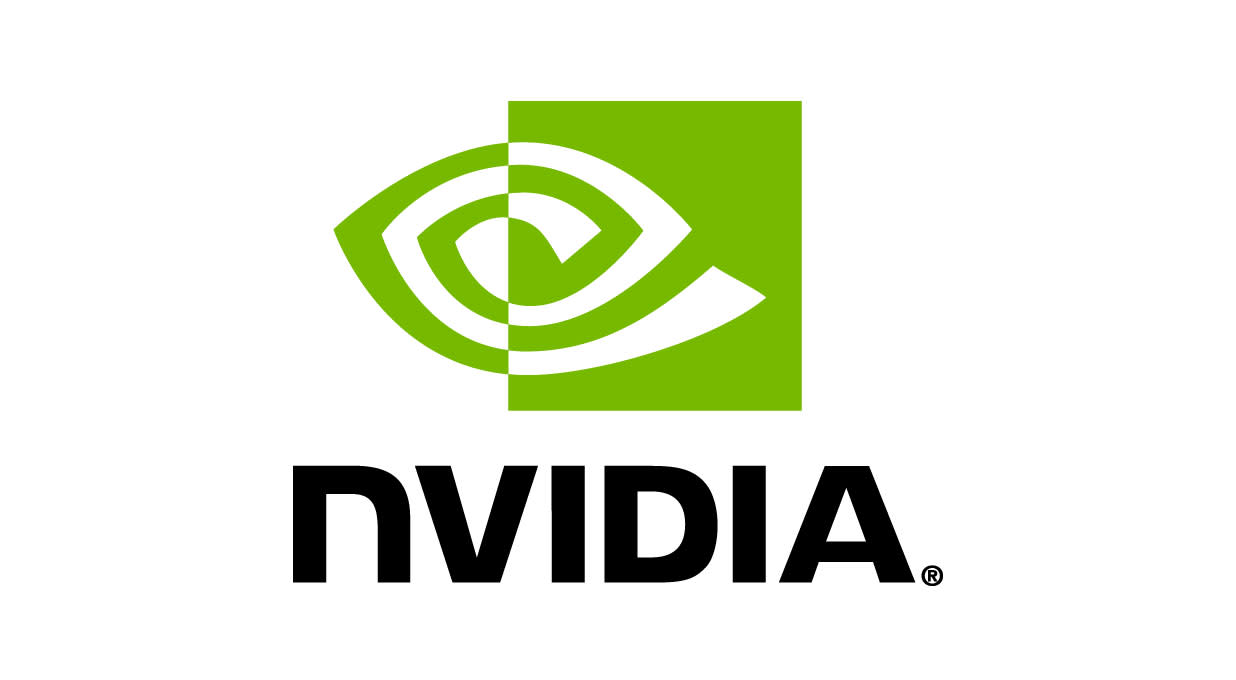Shares of Nvidia slumped almost 7% in after-market trading late Wednesday, as the chipmaking giant led a wider slump in major AI and semiconductor stocks, as the company’s outlook for the next quarter fell short of some of the more ambitious forecasts set by analysts.
Key Facts
Nvidia’s shares were down 6.9% to $116.95 late Wednesday, as the company’s market cap fell around $200 billion.The stock price of AMD, one of Nvidia’s key competitors, dropped to $140.85 in after-hours trading—down 3.76% from the market close.Shares of other key chipmaking companies—including Broadcom, ARM, and Marvell—fell more than 3%, while Intel’s already struggling stock was down by 1.1%.The impact of Nvidia's after-market plunge was also felt by Asian semiconductor giants, including TSMC—which produces Nvidia’s most advanced AI chips—whose Taiwan-listed shares were down more than 2% to $29.5 (TWD 943) on Thursday.Key memory chip suppliers like Samsung and SK Hynix were also hit, as their stock fell 2.88% and 5.41% respectively.
Get Forbes Breaking News Text Alerts: We’re launching text message alerts so you'll always know the biggest stories shaping the day’s headlines. Text “Alerts” to (201) 335-0739 or sign up here.
Tangent
Several other major AI-linked tech stocks were slightly down in after-market trading including Microsoft, Google, Meta and Amazon—falling between 0.5-1%.
Key Background
On Wednesday, Nvidia reported a record $30 billion in sales for its second fiscal quarter ending in July—beating out analyst expectations of $28.6 billion. The company reported net income of $16.5 billion in the quarter—up from $6.1 billion from the same period last year and $14.8 billion in the last quarter—another profit record for the company. For its third fiscal quarter, Nvidia has forecast revenue of $32.5 billion, plus or minus 2%, which is slightly higher than average analyst estimates.
News Peg
The after-market slump in Nvidia’s stock is being attributed to disappointment over its forecast for the next quarter. While the $32.5 billion revenue forecast is higher than average analyst estimates—Bloomberg notes it falls short of some of the loftier predictions of more than $37 billion. Reports of Nvidia’s next flagship AI chip, Blackwell, facing potential production delays have also triggered concerns about the chipmaker sustaining its explosive growth.
This article was written by Siladitya Ray from Forbes and was legally licensed through the DiveMarketplace by Industry Dive. Please direct all licensing questions to legal@industrydive.com.

